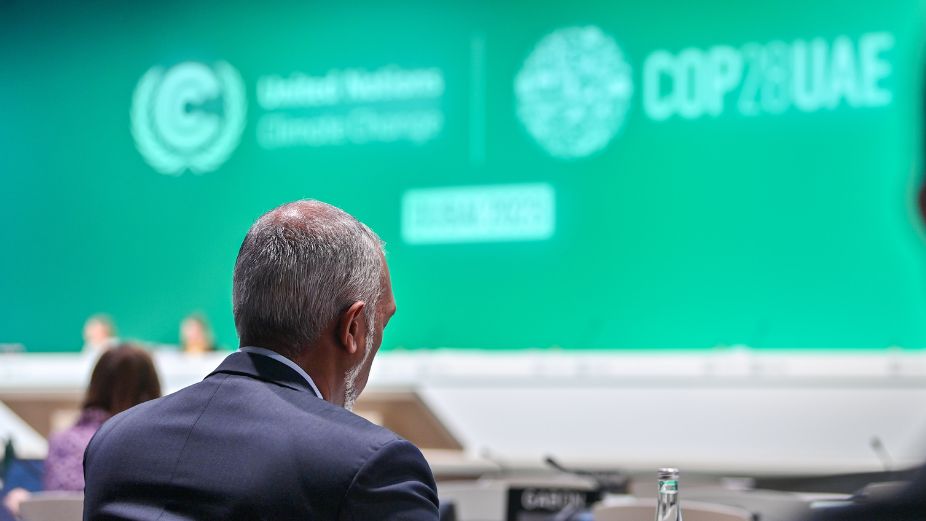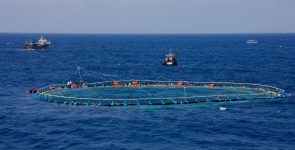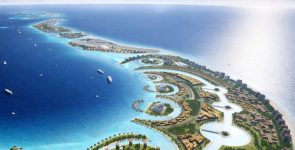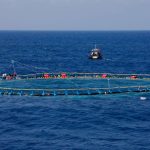
For a nation spread across just over a metre of land above sea level, climate change is less an abstract issue than an existential threat. The Maldives sits increasingly at risk from rising tides, coastal erosion, coral bleaching, and intensifying storms. Yet, this vulnerability has given the nation a powerful role on the global stage, transforming climate diplomacy into a strategic tool that shapes international partnerships and drives vital resources for adaptation and defence.
Since the late 1980s, the Maldives has harnessed the moral authority that comes from being among the first places to feel climate change’s impact. Former Foreign Minister Abdulla Shahid once stated that the entire life of our nation is dependent on the elements of nature and pressed the United Nations to listen to small island states calling for urgent action.
This leadership began with the groundbreaking Small States Conference on Sea Level Rise, held in Malé in 1989, which helped establish the Alliance of Small Island States (AOSIS). The Maldives helped secure a global commitment to limit global temperature rises to 1.5 degrees Celsius, a threshold now enshrined in the 2015 Paris Agreement.
Building on that legacy, the Maldives has consistently placed climate at the centre of its foreign policy. It is a leading voice in UN climate talks via AOSIS and the Group of 77. Its recent ratification of the Climate Emergency Act and ambitious net zero target by 2030 demonstrate the country’s seriousness. In 2024 and 2025 the Maldives pushed hard for operationalising the loss and damage fund and achieving a global goal on adaptation during COP negotiations.
This climate diplomacy accomplishes more than moral advocacy. It yields practical dividends across foreign relations. By championing adaptation and resilience, the Maldives has attracted support from major partners including India, China, the EU, and UN agencies. India has extended climate-focused aid and flexible financing. China provides infrastructure support. Multilateral climate funds increasingly favour small island developing states due to Maldives-led advocacy.
The Maldives also leverages its climate narrative to build diplomatic coalitions, including AOSIS and the Climate Vulnerable Forum, where former President Mohamed Nasheed now serves as Secretary General. These platforms amplify its voice alongside vulnerable small nations from the Caribbean, Pacific, and beyond.
Domestically, this foreign policy posture strengthens green investment, access to financing, and international reputation. It helps justify multilateral support for climate-smart island projects, coral restoration efforts, flood defences, and renewable energy expansion, all of which are essential for economic diversification in tourism, fisheries, and beyond.
Moreover, climate diplomacy enhances the Maldives’ influence in broader geostrategic discussions. In the contested waters of the Indian Ocean, highlighting climate resilience signals both strategic importance and sovereign credibility. This gives the Maldives leverage when engaging with power blocs such as India, China, and Western donor states.
Central to this approach is the idea that environmental diplomacy is not passive advocacy. It is proactive and productive statecraft. The Maldives has repeatedly shown that by turning vulnerability into diplomatic capital, smaller nations can shape multilateral agendas, negotiate finance, secure technical support, and elevate their global standing.
In short, climate diplomacy is not a sideline. It is the core of modern Maldivian foreign policy. Far from being simply a matter of moral appeal, it lays the basis for economic security, strategic partnerships, and geopolitical relevance. For the Maldives, the fight against climate change is not only about survival. It defines its voice in the world and shapes its future.












